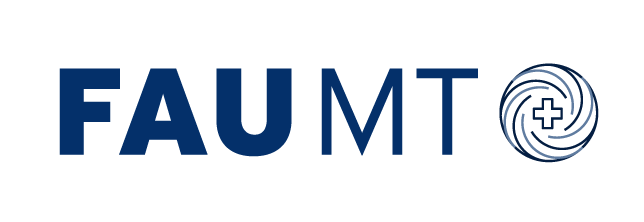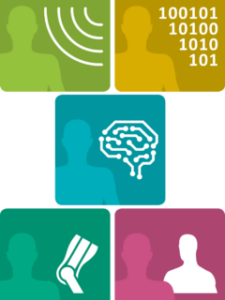EmpkinS
DFG Collaborative Research Center 1483 “EmpkinS”
“Empatho-Kinaesthetic Sensor Technology – Sensor Techniques and Data Analysis Methods for Empatho-Kinaesthetic Modeling and Condition monitoring”, the twelve-year research program of the CRC 1483, aims to open up completely new “digital” and patient-centered diagnosis and therapeutic options in medicine and psychology.
Click here for further information
4D+ nanoSCOPE
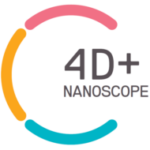
European Research Council Synergy Grant “4D+nanoSCOPE”
The 4-D+ nanoSCOPE project is developing a groundbreaking X-ray microscope (image acquisition with submicron resolution over a hundred times faster than is currently possible). An interdisciplinary team intend to enable X-ray microscopy studies in living creatures for the very first time. They plan to do so by combining state-of-the-art imaging techniques with innovative precision learning software and a novel Xray microscope. Their method has the potential to revolutionize our understanding of bone structure and improve bone remodelling, by enabling an effective assessment of the effects on bone of age, hormones, inflammation and treatment.
Click here for further information
TEF-Health

Horizon Europe “TEF-Health”: AI Alignment, Safety and Trust in Europe
The EU project TEF-Health aims to test and validate innovative artificial intelligence (AI) and robotics solutions for the healthcare sector and accelerate their path to market. It is led by Prof. Petra Ritter, who heads the Brain Simulation Section at the Berlin Institute of Health at Charité (BIH) and at the Department of Neurology and Experimental Neurology of Charité – Universitätsmedizin Berlin. The MaD Lab of the FAU is one of the 51 participating project partners from nine European countries.
Click here for further information
TEAM-X
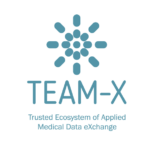
TEAM-X – Trusted Ecosystem of Applied Medical Data eXchange
TEAM-X enables European healthcare companies – especially SMEs – to develop data-driven business models, products and services. TEAM-X combines all the necessary competences in a pre-competitive manner in order to achieve the outlined goals and to implement them taking into account the GAIA-X rules and architecture. In the process, TEAM-X also integrates the actual marketers along the two use cases transsectoral data of care and data of women’s health in the project. TEAM-X can therefore act as an exemplary solution for all hitherto unused medical data. To achieve this, a forward-looking solution for data management is needed. Consequently, the development of trustworthy data spaces based on the open and networked GAIA-X infrastructure, as envisaged by TEAM-X, is essential.
Click here for further information
Exploring Brain Mechanics
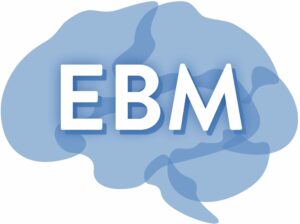
DFG Collaborative Research Center 1540 “Exploring Brain Mechanics”
The central nervous system (CNS) is our most complex organ system. Despite tremendous progress in our understanding of the biochemical, electrical, and genetic regulation of CNS functioning and malfunctioning, many fundamental processes and diseases are still not fully understood. Only recently, groups of several PLs in this consortium, and a few other groups worldwide, have discovered an important contribution of mechanical signals to regulating CNS cell function. The CRC 1540 ‘Exploring Brain Mechanics’ will synergise the expertise of engineers, physicists, biologists, medical researchers, and clinicians in Erlangen and Berlin to exploit mechanics-based approaches to advance our understanding of CNS function and, as a long-term vision, to provide the foundation for future improvement of diagnosis and treatment of neurological disorders.
Click here for further information
